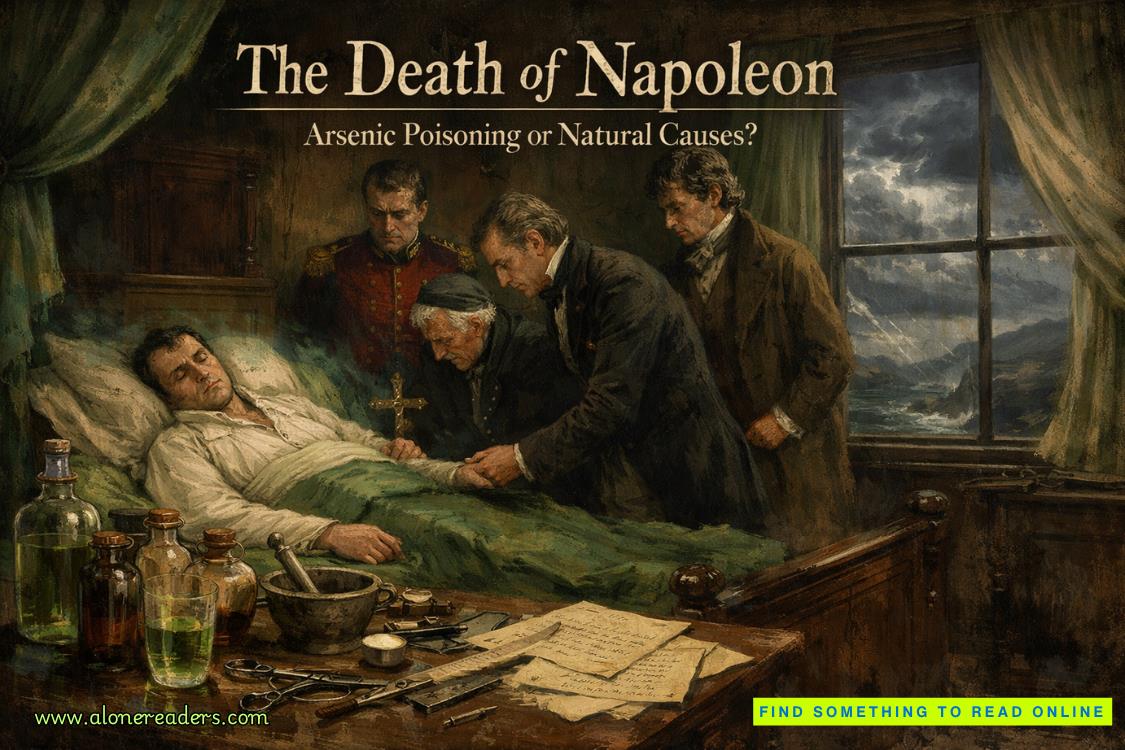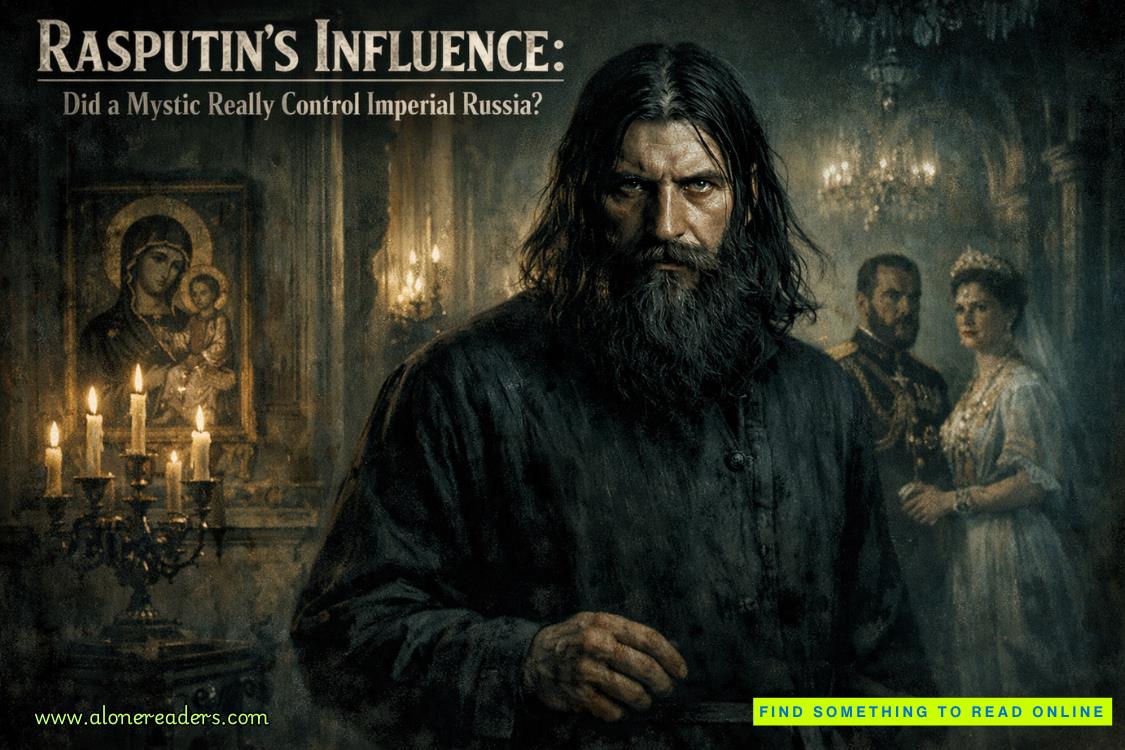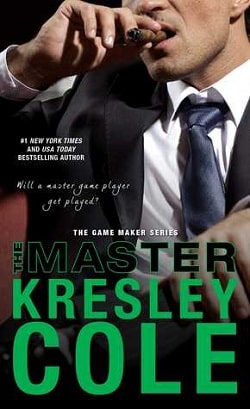Sadness possessed him. He mourned the passing of the tireless lad he had once been, reading and learning and absorbing knowledge as the parchment soaked up the ink, and then, when lessons were over, deploying just as much energy in breaking all the rules. Coming to Glastonbury was like visiting the grave of his youth.
He tried to shake off the feeling as he rode through the village, which was noisy with buying and selling, carpentry and ironwork, men shouting and women laughing. He made his way to the monastery stable, which smelled of clean straw and brushed horses. He unsaddled Dismas and let the tired beast drink its fill from the horse trough.
Would his history here help or hinder his mission? Would people remember him with affection and do their best to help him, or would they treat him as a renegade who had been expelled for bad behavior and whose return was unwelcome?
He knew none of the stable hands, who were not monks but employees, but he asked one of the older men if Elfweard was still abbot. “Yes, and in good health, praise God,” said the groom.
“And is Theodric the sacrist?”
“Yes, though getting older, now.”
Pretending to ask casually, Aldred added: “And Brother Leofric?”
“The kitchener? Yes, he’s well.”
The kitchener was an important monastery officer, responsible for purchasing all supplies.
One of the lads said: “Well fed, anyhow,” and the others laughed.
From that Aldred deduced that Leo had put on weight.
The older groom, clearly curious, said: “May I direct you to a part of the abbey, or any particular one of the monks?”
“I should pay my respects to Abbot Elfweard first. I assume I’ll find him at his own house?”
“More than likely. The monks’ midday dinner is over, and it’ll be another hour or two before they ring the Nones bell.” Nones was the midafternoon service.
“Thank you.” Aldred left without satisfying the groom’s curiosity.
He headed not for the abbot’s house but for the cookhouse.
In a monastery this big, the kitchener did not carry sacks of flour and sides of beef to the cooking fires, but held a pen and sat at a table. All the same a wise kitchener would work near the cooks, to keep an eye on what came in and went out, and make it difficult for anyone to steal.
From the kitchen came the sound of clashing pots as the monastery servants scrubbed the utensils.
Aldred recalled that in his day the kitchener had worked in a lean-to shed attached to the cookhouse, but now, he saw, there was a more substantial building in the same place, with a stone-built extension that was undoubtedly a safe room for storage.
He approached apprehensively, full of trepidation about how Leo would receive him.
He stood in the doorway. Leo sat on a bench at a table, side-on to the entrance so that the light could fall on his work. He had a stylusin his hand and was making notes on a wax tablet in front of him. He did not look up, and Aldred had a few moments to study him. He was not really fat, though he certainly was not the bony boy Aldred remembered. The circle of hair around his tonsure was still fair, and his face was, if anything, pinker. Aldred’s heart missed a beat as he remembered how passionately he had loved this man. And now, twenty years later?
Before Aldred could examine his heart, Leo looked up.
At first he did not recognize Aldred. A busy man dealing courteously with an unwelcome interruption, he gave a perfunctory smile and said: “How can I help you?”
“By remembering me, you idiot,” Aldred said, and he stepped inside.
Leo stood up, mouth open in surprise, doubt creasing his forehead. “Are you Aldred?”
“The same,” Aldred said, walking toward him with open arms.
Leo raised his hands in a protective gesture, and Aldred understood at once that Leo did not want to be embraced. That was probably wise: people who knew their history might suspect that they were resuming their old relationship. Aldred stopped immediately and took a step back, but he continued to smile, and said: “It’s so good to see you.”
Leo relaxed a little. “You, too,” he said.
“We could shake hands.”
“Yes, we could.”















